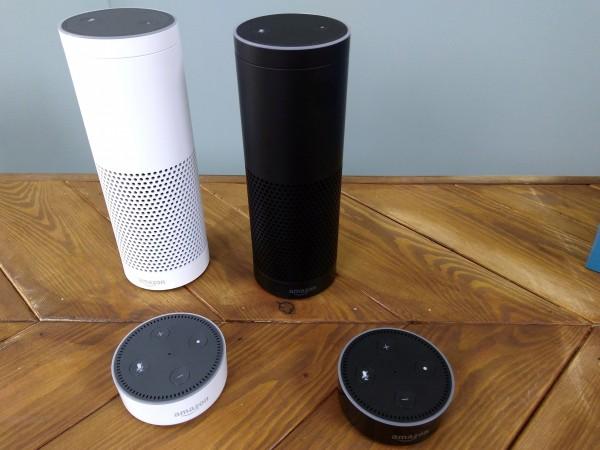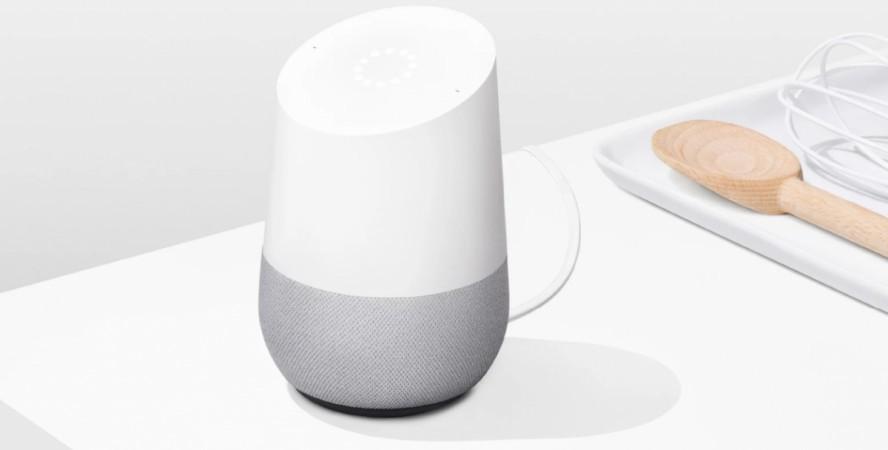When we talk about smart speakers, Amazon's Echo speakers instantly come to our mind. The e-commerce giant has long served customers with its Alexa-powered smart speakers, but it now appears the trend is slowly changing and newcomers are stealing the limelight.
Google, in particular, is rapidly growing in the global smart speaker market, challenging Amazon's dominance in the space. According to research firm Strategy Analytics, Google Home speakers acquired a market share of 26.5 percent by shipping 2.4 million units in the Q1 2018. This is a whopping 709 percent year-on-year growth recorded by the internet search titan.
Should Amazon be worried?
This a good enough reason to be worried, but Amazon has maintained its dominance with the success of its Echo smart speaker series around the world. By shipping 4 million units of Echo speakers in the first quarter of 2018, Amazon acquired 43.6 percent share. It's not a significant growth compared to Google, but a decent 102 percent compared to the same quarter last year.

Besides Google, Amazon doesn't face an imminent threat from other players that are globally known for their other products and services. For instance, Alibaba came in third with 7.6 percent market share by shipping 700,000 units and Apple came in third with 6 percent market share and 600,000 shipped units in Q1 2018.
Xiaomi, which has been making waves in the smartphone space, managed to become the fifth contender in the smart speaker space with just 200,000 shipments and 2.4 percent market share.
Amazon vs Google vs Others
Even though Apple, Alibaba, Xiaomi and others are making their presence felt in the niche smart speaker field, it appears people are preferring Google Home or Amazon Echo.

It's worth mentioning that the Q1 statistics only show Google's $129 Home shipments. It's unclear how the tables might turn by including the newly launched Home Mini and Home Max, which can be expected in the Q2 2018 results.
Even though Amazon and Google accounted for 70 percent of the total smart speaker shipments in Q1, their combined share fell from 84 percent a quarter ago and 94 percent a year ago. This trend shows that newcomers are actually acquiring the niche space sooner than anticipated.
The battle between Amazon and Google is heating up, as both players marked their debut in India recently. Xiaomi is yet to make its debut in India, but it could possibly happen by the end of 2018.
While fighting against each other, Amazon and Google mustn't disregard rivals such as Apple and Xiaomi. Apple has a strong brand recognition, which could help in the long run, and Xiaomi's robust marketing techniques have favoured the Chinese brand disrupting the market in a crucial way.








